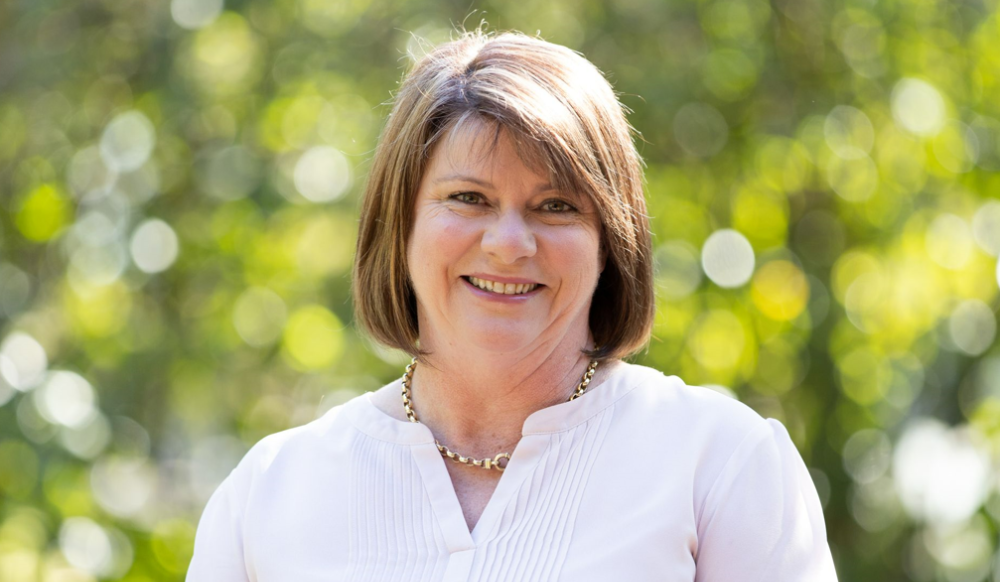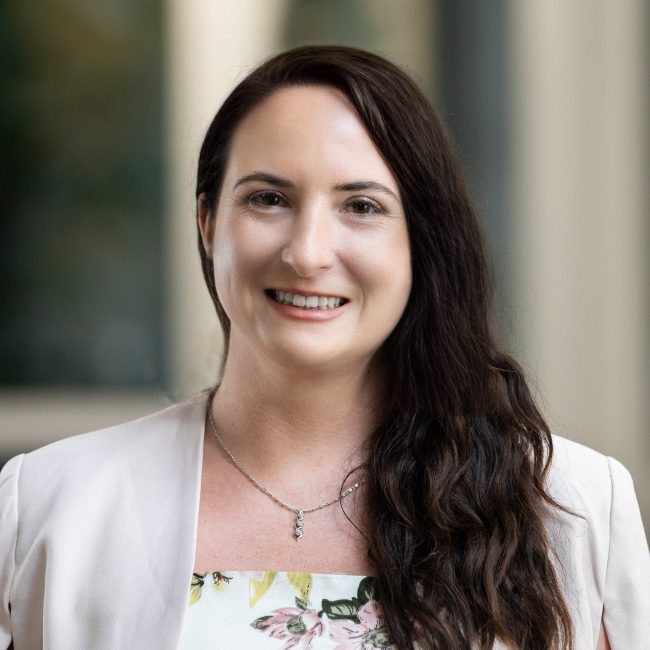
This month, we wanted to share with you a little more about early childhood education, what it means, and how it works, and give you a glimpse of what your child may actually experience while with us each day.
I know as a parent, you appreciate how much your child needs to learn before heading off to school but may not be aware of how early childhood educators and teachers intentionally teach your child all the things they need to learn in these first few vital years.
We use 'play-based learning' in early childhood to deliver our educational programs. Many families wonder how this may differ from the play you see your children enjoy at home. Play-based learning is a very specialised and individual form of teaching that takes full advantage of children's natural interest in play.
So, how does it work? Your child's educator or teacher matches their professional knowledge of developmental and learning theory across physical, social, emotional and intellectual areas to your child's individual development. This approach allows us to assess where your child has emerging skills and understanding, where they are actively exploring, where they may be ahead of the curve and the things your child is keenly interested in and enjoys.
Based on these observations, educators and teachers plan for learning experiences that extend children's knowledge and skills across development areas within playful experiences that the educator knows the child will be drawn to.
And so, what does this actually look like? The following sections in this month's newsletter give you a peak at what play-based learning looks like 'in action' in our Healthy Beginnings ( babies), Early Experiences (Toddler) and School Readiness ( 3-5-year-olds) programs as part of our lifelong Learning Curriculum. If you wish to know more about our Lifelong Learning Curriculum, please reach out to your Centre or check out the Lifelong Learning Curriculum Section on our website.
